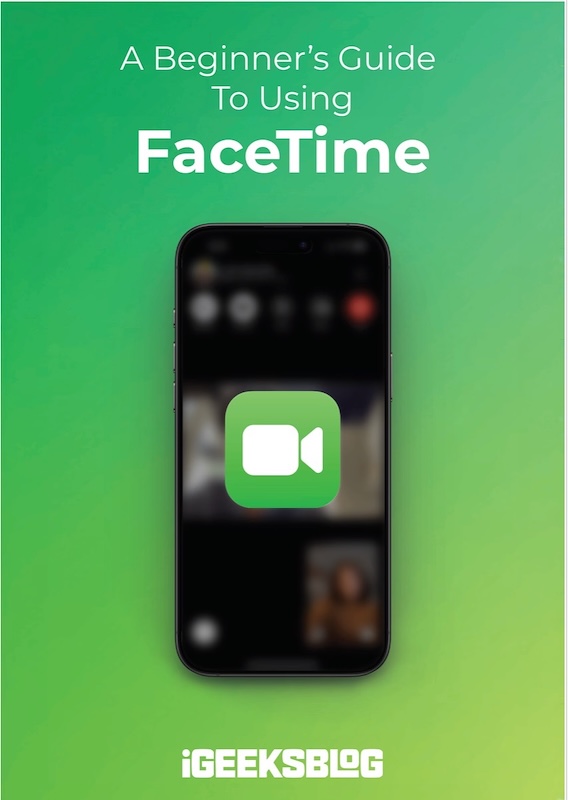
FaceTime Like a Pro
Get our exclusive Ultimate FaceTime Guide 📚 — absolutely FREE when you sign up for our newsletter below.

FaceTime Like a Pro
Get our exclusive Ultimate FaceTime Guide 📚 — absolutely FREE when you sign up for our newsletter below.
Apple’s Veritas initiative is reshaping Siri's capabilities by testing complex conversations and app integration behind the scenes. Learn how this innovation can benefit you.
For years, Siri has been the weakest link in Apple’s ecosystem. While competitors like ChatGPT and Gemini raced ahead, Siri often stumbled with even simple requests. Now, Apple may finally have a plan to change that, and the secret lies in a hidden project called Veritas.
Veritas isn’t a product Apple plans to launch. Instead, it’s an internal iPhone app built by Apple’s AI division to test the next version of Siri. Think of it as a sandbox where engineers can push Siri’s new abilities without waiting for major iOS updates. The app lets them run experiments in real conversations, reference past chats, and see how well Siri handles private data like emails, texts, or photos.
Unlike today’s Siri, Veritas works more like ChatGPT. It supports longer back-and-forth conversations, follow-up questions, and contextual awareness. Engineers are even using it to test if Siri can complete in-app tasks like cropping a photo, starting a playlist, or summarizing emails. Apple believes this approach will help it avoid the reliability failures that delayed Siri’s big relaunch multiple times.
Behind Veritas is a bigger shift in Apple’s AI game plan. The company is running a two-track approach: one system, called Linwood, relies on Apple’s in-house large language models. Another, Glenwood, tests models from external partners like Google. This gives Apple the flexibility to compare performance, speed, and privacy trade-offs before deciding which path to take.
Talks with Google about integrating a custom version of Gemini are ongoing, while Apple has also explored options with OpenAI and Anthropic. By running everything through Veritas, Apple can stress-test both its own models and third-party ones without exposing half-baked features to the public.
Apple originally wanted the new Siri ready in 2024, but internal tests showed the system failed about a third of the time. That disaster forced Apple to delay its plans, reshuffle leadership, and rethink its entire AI strategy. Former Siri chief John Giannandrea was sidelined, Mike Rockwell (from the Vision Pro team) was put in charge, and longtime Siri leader Robby Walker left to form the Answers, Knowledge & Information (AKI) team, which is now building new AI-powered search features.
Even with those setbacks, Apple is pushing forward. The redesigned Siri is now expected as early as March 2026, alongside iOS 26.4. Before that, Apple is planning a new visual look for Siri, coming in 2025, along with expanded AI features across the iPhone, iPad, Macs, and even smart home devices.
If Apple gets it right, the new Siri won’t just set timers or answer trivia. It will understand what’s on your screen, follow complex conversations, and complete one-shot tasks inside apps. Instead of users navigating menus, Siri could crop an image, queue a playlist, or fetch detailed answers directly from Apple’s own AKI system.
The real test, however, isn’t how natural Siri sounds, it’s whether it works reliably. Apple knows that if the assistant fails even occasionally, users will abandon it. That’s why Veritas exists: to pressure-test every feature until it can stand up to daily use.